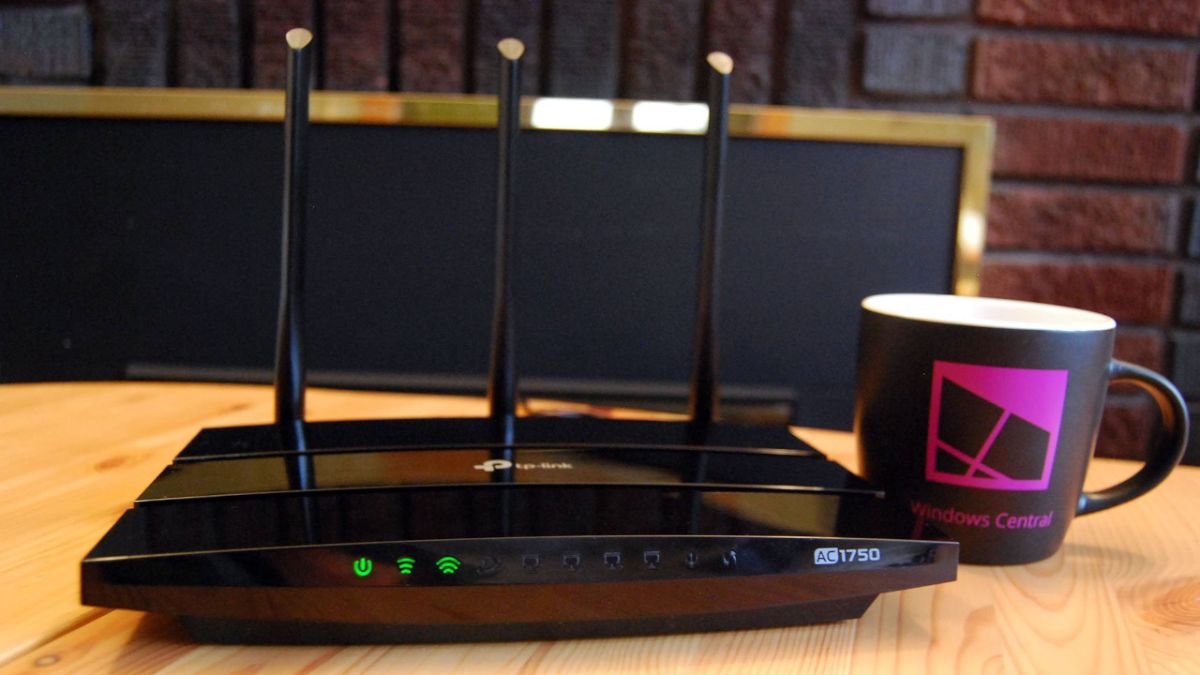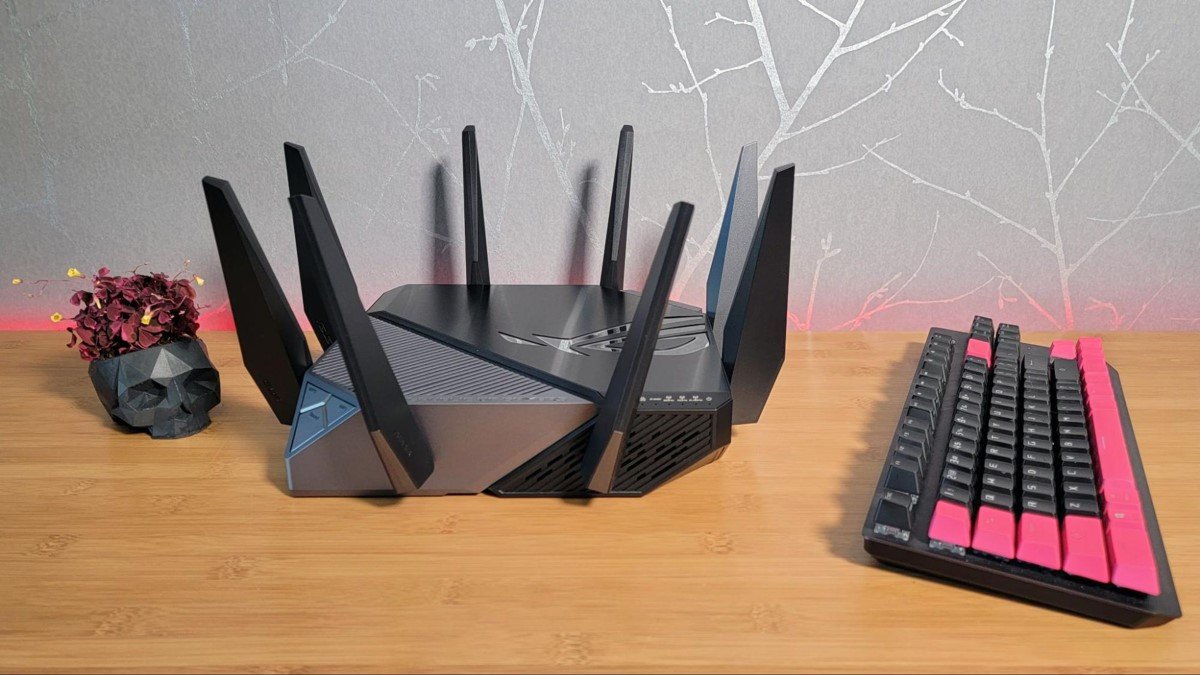
Wi-Fi routers play a crucial role in our everyday lives, providing us with fast and reliable internet connectivity. With the increasing number of connected devices in our homes and offices, it has become essential to choose the best Wi-Fi router that can meet our needs. In this article, we will guide you through the process of selecting the right Wi-Fi router for your specific requirements. So, let’s dive in!
Choose a Best Wi-Fi Router

In this digital age, a stable and efficient internet connection is essential. A Wi-Fi router acts as the gateway between your internet service provider (ISP) and your connected devices. Choosing the right Wi-Fi router can significantly impact your online experience, ensuring seamless connectivity and faster speeds.
Read more: How to improve Wi-Fi in your garden
Assessing Your Needs
Before diving into the world of Wi-Fi routers, it’s important to assess your specific needs. Consider the number of devices that will be connected, the size of the area that requires coverage, and the type of activities you engage in online. This will help you determine the necessary specifications and features your router should have.
Understanding Wi-Fi Standards
Wi-Fi standards, such as 802.11n, 802.11ac, and the latest 802.11ax (Wi-Fi 6), define the capabilities and performance of your router. It’s essential to choose a router that supports the latest standards to ensure faster speeds, better range, and compatibility with future devices.
Single Band vs. Dual Band vs. Tri-Band Routers
Wi-Fi routers operate on different frequency bands, including 2.4 GHz and 5 GHz. Single-band routers operate only on the 2.4 GHz band, while dual-band routers operate on both 2.4 GHz and 5 GHz bands simultaneously. Tri-band routers, on the other hand, have an additional 5 GHz band for better performance in crowded areas. Consider your usage and environment to decide which band configuration suits you best.
Speed and Range Considerations
The speed and range of a Wi-Fi router are vital factors to consider. Look for routers that offer high-speed capabilities, such as gigabit Ethernet ports, and support for faster internet connections. Additionally, routers with external antennas or mesh systems can provide extended coverage and better signal strength throughout your space.
Security Features
Protecting your network and connected devices from potential threats is crucial. Look for routers that offer robust security features, including encryption protocols, firewall protection, and guest network capabilities. Enhanced security features like WPA3 encryption provide better protection against unauthorized access.
Quality of Service (QoS)
QoS is a feature that prioritizes certain types of traffic, ensuring a seamless experience for specific applications or devices. This feature is especially important if you engage in activities that require low latency, such as online gaming or video conferencing. Choose a router that offers customizable QoS settings.
Advanced Features and Customization Options
Some routers come with advanced features like parental controls, VPN support, and the ability to create a separate network for smart home devices. Consider these additional features based on your specific requirements to enhance your networking experience.
User-Friendly Interface
A user-friendly interface is essential for managing and configuring your router easily. Look for routers that provide intuitive web-based interfaces or dedicated mobile apps that offer hassle-free setup, network monitoring, and management options.
Brand Reputation and Customer Support
Opt for well-known and reputable brands when choosing a Wi-Fi router. Established brands often have a track record of providing reliable products and excellent customer support. Research customer reviews and ratings to gain insights into overall customer satisfaction.
Price and Budget Considerations
Set a budget for your Wi-Fi router purchase. While it’s tempting to opt for the cheapest option available, investing in a quality router can save you from frustration in the long run. Compare prices and features to find the best value for your money.
Reading User Reviews
Reading user reviews and feedback can provide valuable insights into the real-world performance and reliability of different Wi-Fi router models. Consider reviews from reputable sources and fellow users to make an informed decision.
Comparison of Top Wi-Fi Router Models

To simplify your decision-making process, compare the specifications, features, and user reviews of the top Wi-Fi router models available in the market. This will help you narrow down your choices and select the router that best fits your needs.
Setting Up Your Wi-Fi Router
Once you have chosen the best Wi-Fi router for your requirements, it’s time to set it up. Follow the manufacturer’s instructions for a smooth and hassle-free installation process. Ensure proper placement of the router for optimal coverage and performance.
Read more: How Can You Improve The Speed Of Your Router?
Conclusion
Choosing the best Wi-Fi router involves considering several factors, including your specific needs, Wi-Fi standards, band configuration, speed and range, security features, advanced options, user-friendliness, brand reputation, and customer support. By conducting thorough research and following the guidelines outlined in this article, you can make an informed decision and enjoy a seamless internet experience.
FAQs
How often should I replace my Wi-Fi router?
It is generally recommended to replace your Wi-Fi router every three to four years to keep up with the latest technology advancements and ensure optimal performance.
Can I use a Wi-Fi router with my existing modem?
Yes, you can use a Wi-Fi router with your existing modem. Most routers are compatible with various modem types, but it’s important to check for compatibility before making a purchase.
How many devices can a Wi-Fi router support?
The number of devices a Wi-Fi router can support depends on its specifications. Higher-end routers typically have better device-handling capabilities, but it’s advisable to check the specifications and reviews to ensure it meets your requirements.
What is the difference between a Wi-Fi router and a modem?
A Wi-Fi router connects to your modem and wirelessly distributes the internet connection to your devices. A modem, on the other hand, connects to your ISP and receives the internet signal. In many cases, the modem and Wi-Fi router are combined into a single device.
Can I upgrade the firmware of my Wi-Fi router?
Yes, you can upgrade the firmware of your Wi-Fi router to access new features, bug fixes, and security enhancements. Check the manufacturer’s website for firmware updates and follow their instructions for the upgrade process.











